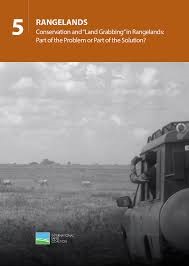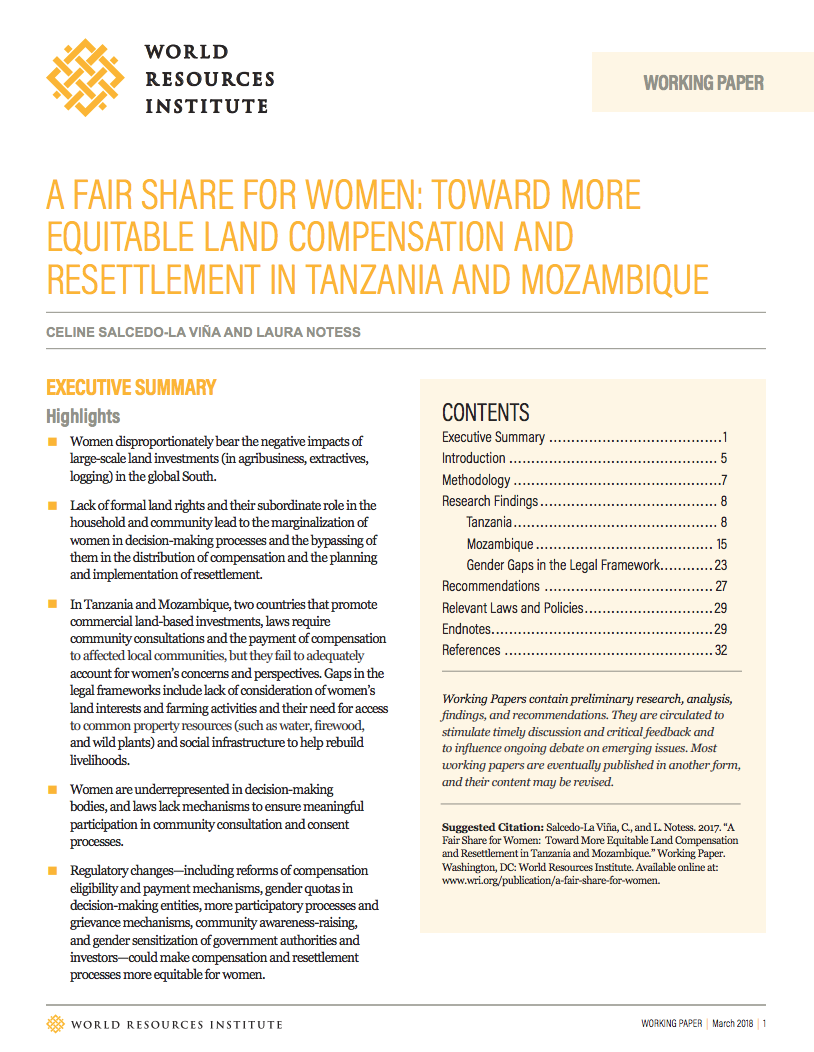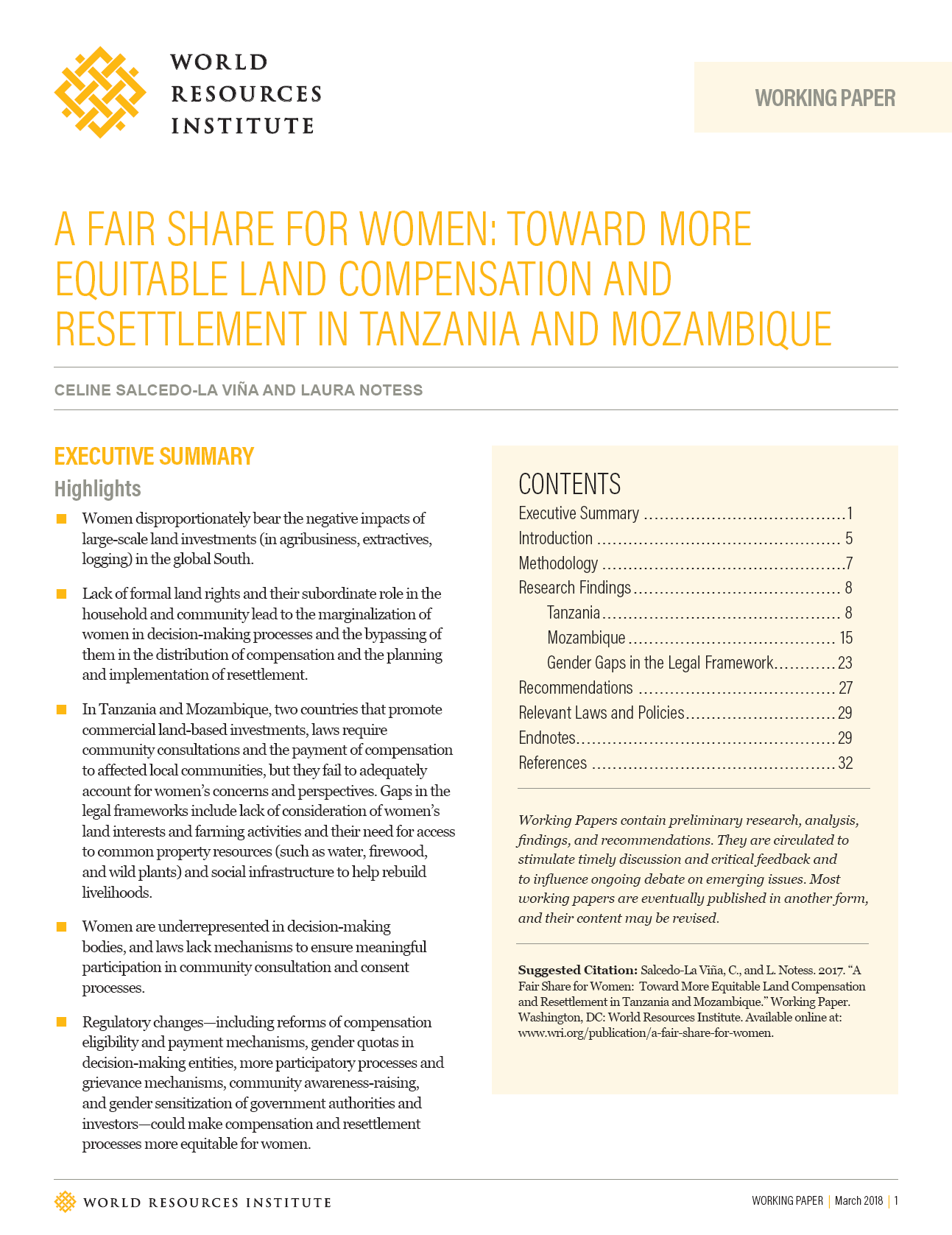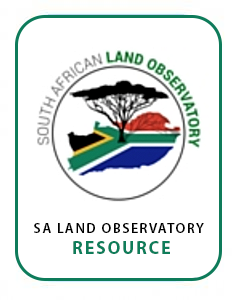MAPPING DILUTIONS IN A CENTRAL LAW
This is a working paper by Kanchi Kohli and Debayan Gupta, Centre for Policy Research,Namati Environmental Justice Program, which throws light on Right to Fair Compensation and Transparency in Land Acquisition, Rehabilitation and Resettlement (RFCTLARR) Act, 2013. It is indiacted that there has been at the centre of intense debate.









